I just had one of those NPR-driveway moments where I can’t bring myself to turn off the program and step out of the car. Instead, I sat and listened to author Ron Suskind talk from his book, Life, Animated
(Which isn’t totally remarkable, I suppose, if you know me. It’s really a shame that getting emotional isn’t considered a more valuable skill.)
The interview was so touching that I had to share it.
Essentially, Suskind explains that his son Owen sort of disappeared when he turned three; he went from typically developing two-year-old to inexplicably silent (which in and of itself of course strikes a cord as I think about my own Hudson turning three tomorrow and am once again reminded how many things could still go “wrong” with one’s now-healthy child or turn disastrous in our little world).
Owen was diagnosed with regressive autism (something I’d never heard of) and didn’t again speak a complete sentence to his family until age six, when he suddenly explained his nine-year-old brother’s birthday meltdown in terms of Disney: “‘Walter doesn’t want to grow up… like Mowgli or Peter Pan.’”
Suskind went on to talk about his family—his wife and son (who was tasked with becoming a “junior adult at 9”) with humility and humor (he’s a Pulitzer Prize-winning political reporter formerly at the Wall Street Journal, so he has a way with words), explaining how they used Disney movies and scripts and characters to communicate with and draw out their son. Suskind and Owen would communicate entirely through memorized dialogue from the movies. Owen even learns to read and write from the movies’ end credits!
Then, in one conversation, with puppets, he plays the parrot from Aladdin: “So, Owen, how ya’ doin’?” he asks in Iago’s voice.
“’Not good,’” Owen answers. “’I’m lonely and I don’t have friends.’”
I can’t imagine: To know that behind the silence is such sadness? And at the same time being so relieved that you’ve just made a connection?
I won’t just recount the entire interview (even though I can’t stop thinking about it and you should just go listen to it), but:
Eventually Owen’s in a college-like program on Cape Cod where others speak about similar affinities. One young man in a “Disney Club” shares that the character with whom he first bonded is Pinocchio because he feels “like a wooden boy,” and has always longed to feel “like a real boy.” It’s both heartbreaking and fascinating.
And not to just take a very specific story (one about autism and the extreme demands faced by the loving families and support systems who surround one who is autistic) and try to reduce it, but of course what makes the story all the more touching is that it transcends that specificity.
A story about storytelling and narrative and the way we can all cling to fiction to understand ourselves. How many of us have characters who helped us overcome a fear or cope with frustration? How many of our children do? But how often is it so clearly articulated? I found descriptions of how his autistic son would want to hear (or watch) the same story over and over and over so familiar.
Suskind put it perfectly poignantly, saying something to the effect of: through this extreme case we can talk about how people are like us yet different, more-so and less-so. The less-so parts are often the most visible, and make us feel most apart, the more-so parts are opaque and difficult to measure. But they’re at the root of what makes us human.
Just something to think about.
P.S. Other things to think about: Parenting think pieces. / How many children will you have? / Making friends as an adult.


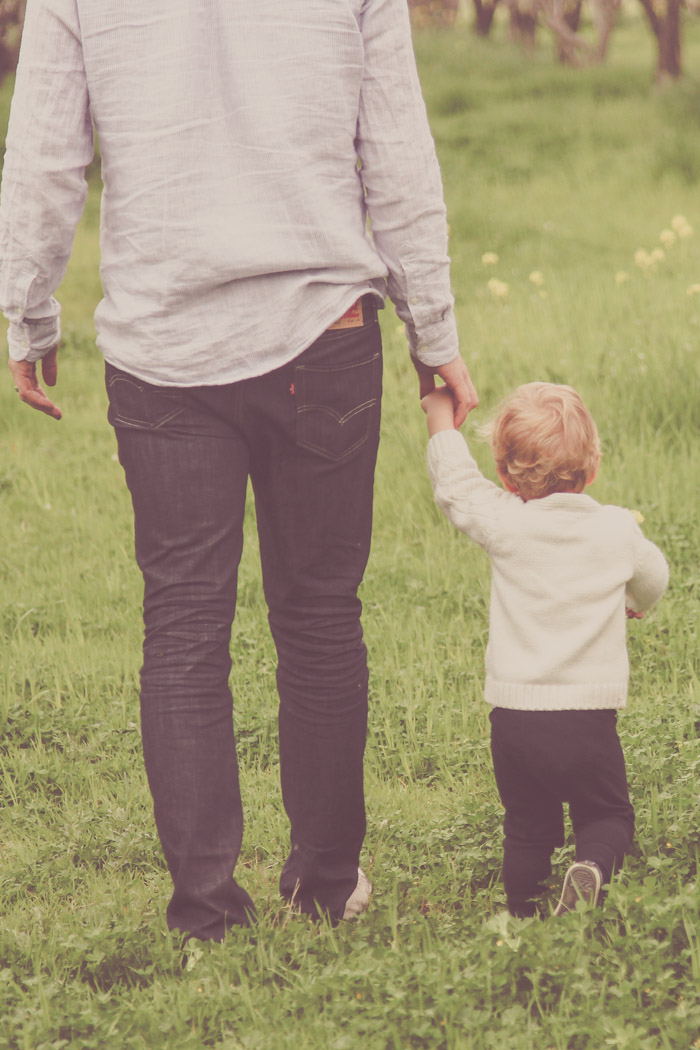



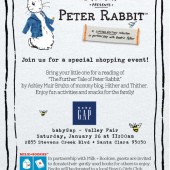

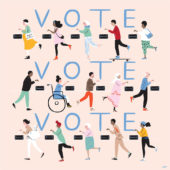
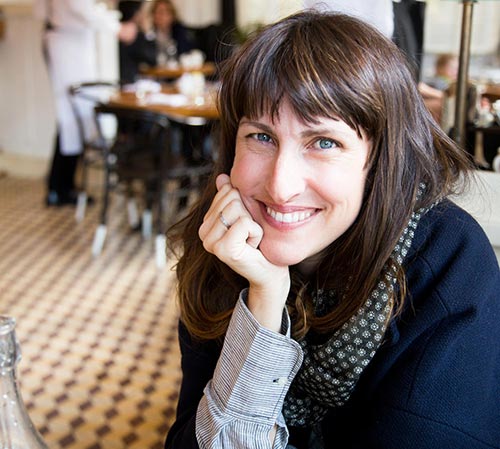






















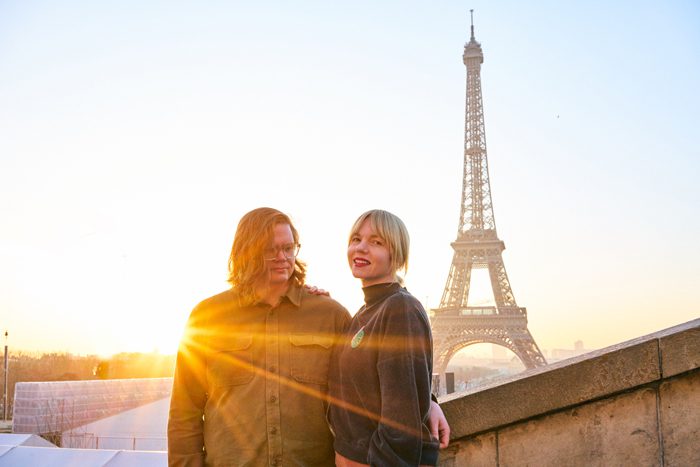







19 Comments